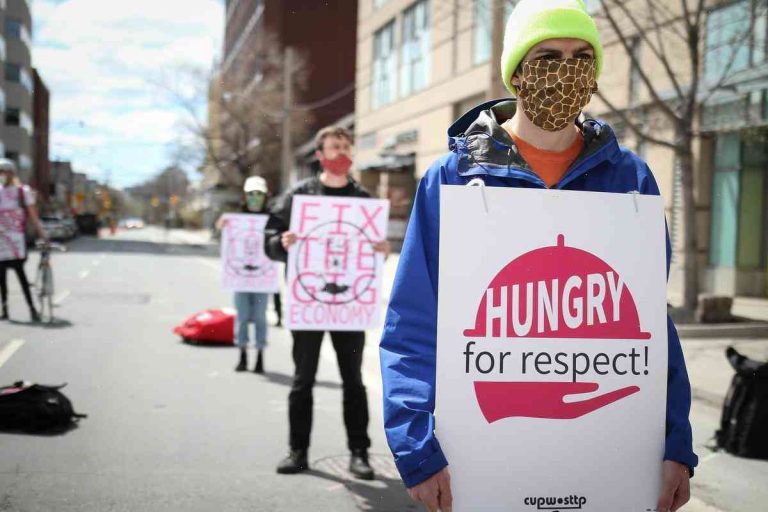A committee of the House Commerce, Manufacturing and Trade Committee last week sent a bill to the full floor which would change the minimum wage requirements for employers that hire temporary workers to include mandating they give new hires at least a federal minimum wage instead of providing them full job protections.
The committee also sent its own version of a bill which would change the minimum wage requirements for employers which hire temporary workers from a maximum of $7.25 per hour to just $7.15. The committee added a provision which would instead mandate employers provide at least the minimum wage instead of including employment protections.
The committee has now sent its own version of the bill to the full House of Representatives to be considered this week, but it’s very unlikely that the full house will consider it. The House Financial Services Committee will take up the Republican legislation in June and House Education and the Workforce Committee Chairman John Kline believes they will not take up the minimum wage-only version of the bill. The Committee will decide whether or not to try and pass a bill sometime after Labor Day.
READ MORE: House Democratic freshmen write GOP leaders calling for expansion of paid family leave
The minimum wage is the only federal legislation currently on the table by a House committee that would change the current federal minimum wage of $7.25. The Labor Department has argued the current minimum wage in Washington, D.C. (currently set at $11.50 an hour) is not enough to replace high labor costs and a higher wage is necessary to eliminate any loss of business generated by being forced to pay more to its employees.
The only other change to the minimum wage bill from the committee which would do more than simply treat minimum wage-only workers better would be to allow businesses to set the different base wage rate within its own hiring guidelines for new employees. This would be a specific change from the federal law today which governs the hiring of temporary workers.
Now the full House has to consider the bill at a time when President Trump and labor unions are supporting changes to the minimum wage that seem to be opposed by many Democrats in the House and by many Republicans in the Senate.
So far, the House has tabled efforts to increase the minimum wage below the level set by the new Congressional Budget Office. The Congressional Budget Office study released last week shows the real difference in median family income between the $20,000 wage of a college graduate and the $16,000 wage of a high school graduate under the increase proposed by Congress would be larger than that of the proposed increases since high school graduates make more than college graduates.
READ MORE: Democrats and Republicans fighting over minimum wage hikes
Supporters of the $15 minimum wage will blame the effects of wage theft on employers as well as being burdened by the adverse effects of businesses closing down and eliminating jobs.
As anyone knows who has done a lot of thinking and talking about labor law changes since the passage of the “first” executive order by President Obama that took away employers’ ability to fire temporary workers for disciplinary reasons, most employers are generally worried about the costs. The CBO study notes that while wages and purchasing power at the low end will rise because more workers are paid more, the minimum wage would raise the cost of everyday goods and services while lowering the supply in the market for those products because of the supply/demand balance.
While many talk of “reclaiming the American Dream” at the poverty line and “ending income inequality” to lower the income gap, the real gap in economic well-being isn’t between the “new American dreamers” of late 20th century freedom fighters and those still stuck in “the 40-hour week.” But rather between a workforce trying to get out of poverty and a labor economy struggling to create jobs.
Follow Peter Doocy on Twitter: @PeterDoocy
